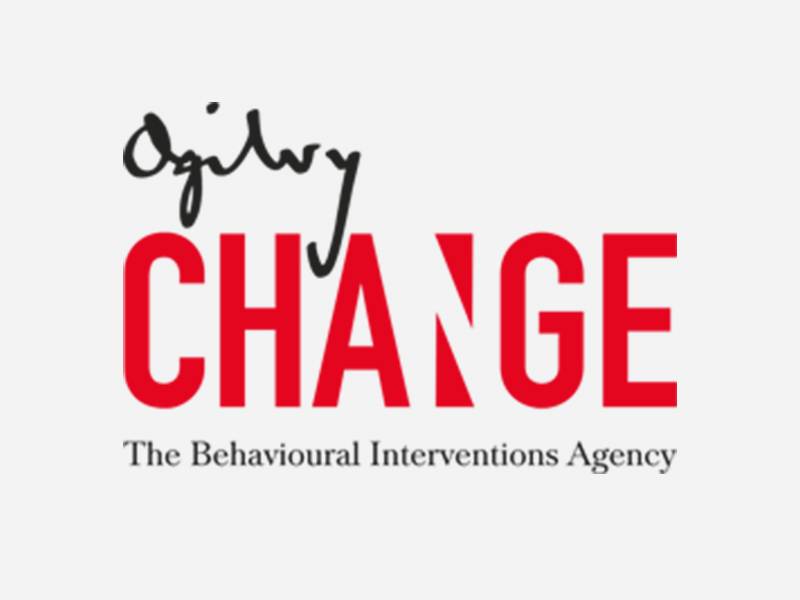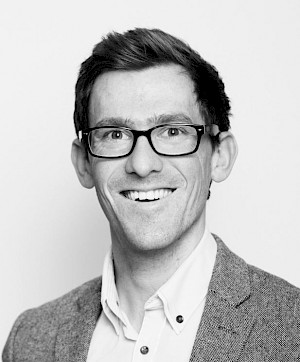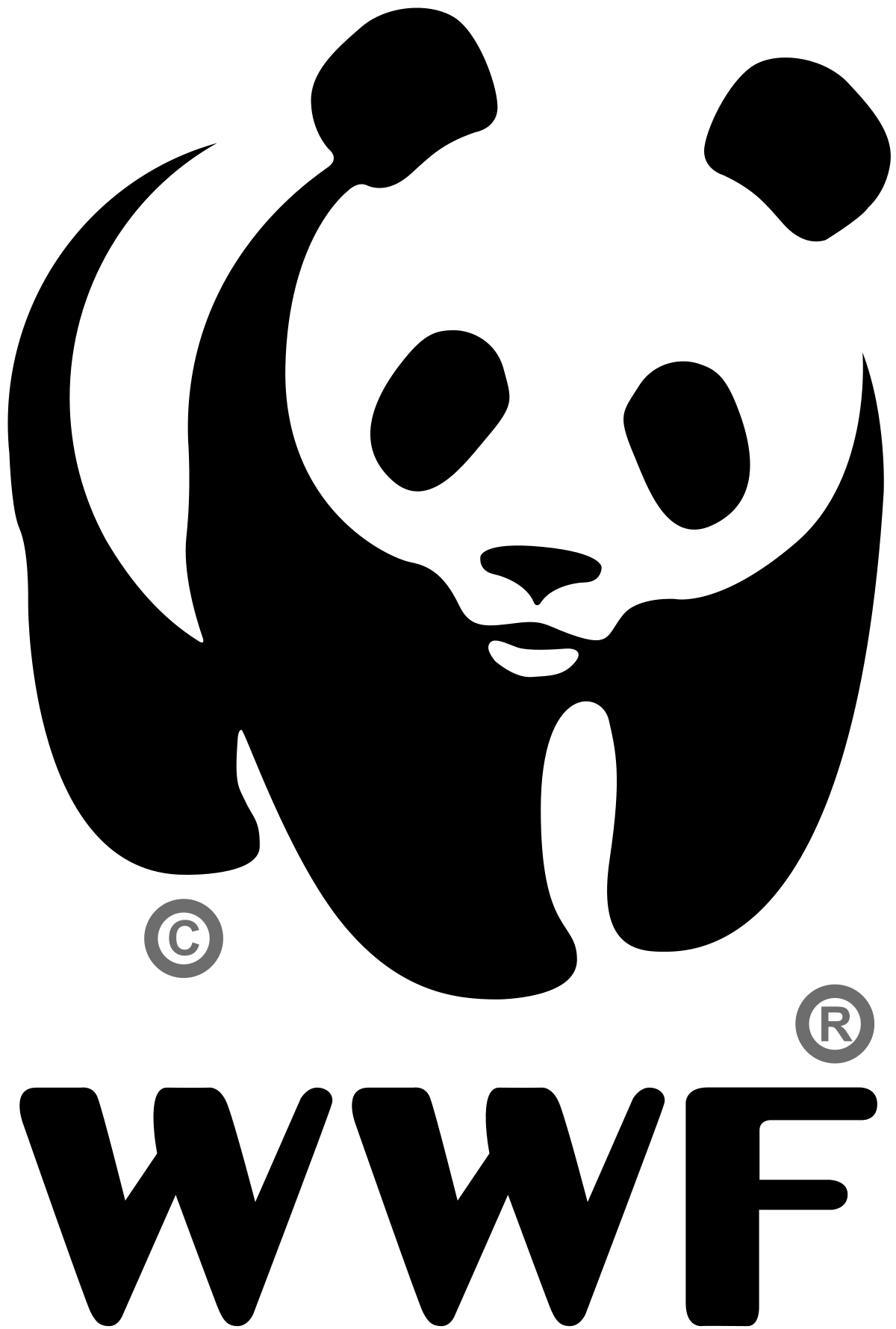
Humans do not come with an instruction manual. We don't think what we feel, don't say what we think and don't do what we say. So if your communications are predictable then your strategy might be self-limiting. Fortunately, science of decision making and behaviour reveals the otherwise unseen creative opportunities.
What you will learn:
On February 15, 2018 at 1 PM GMT/ 8 PM ICT, Pete Dyson discussed how you can apply behavioural science and nudge theory to fix complex real world problems, such as curbing illegal wildlife trade. A short quiz will test the limits of our own brain’s abilities, then a series of case studies will show how minimalist, oblique and non-obvious interventions can be created.
Please do bring your problems to this session. The Q&A is an open troubleshooting opportunity for discussion.
About the presenter:
Pete Dyson is a Senior Behavioural Strategist at Ogilvy Change.
Email: pete.dyson@ogilvy.com
He designs and runs specific behaviour change programmes with a specialism in societal and organisational psychology. Over the past 5 years this has ranged from combatting bad hand hygiene safety in food processing factories, addressing travel compliance in hotels and airports and addressing anti-social behaviour in London boroughs. He has published research into the ethics and politics of allowing tourism to access slums in Mumbai.
Learn more about Ogilvy Change


